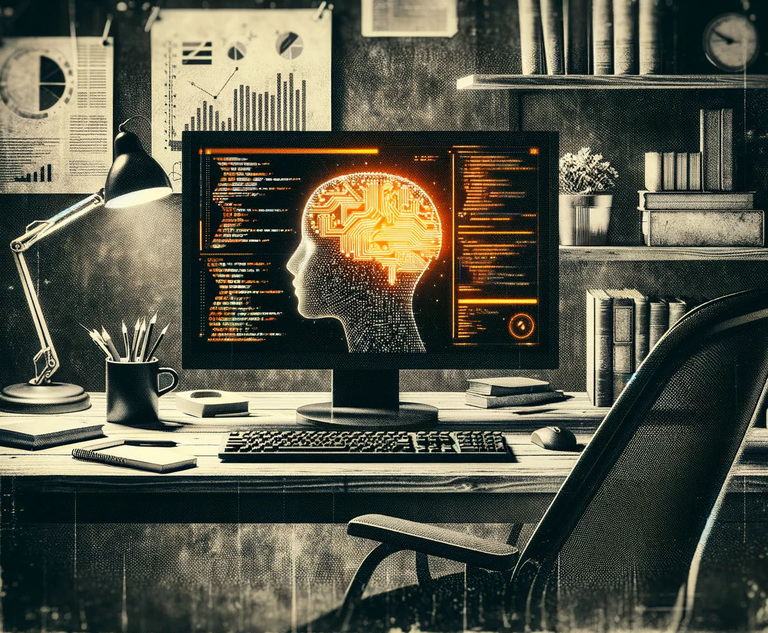Newspapers Sue Microsoft and OpenAI: A Groundbreaking Copyright Dispute
The lawsuit filed by eight prominent U.S. newspapers against Microsoft and OpenAI over alleged copyright infringement in the development of AI tools has significant implications for cybersecurity, information governance, and eDiscovery professionals.
Implications for Cybersecurity
Cybersecurity professionals should closely monitor this case, as the outcome may influence how AI companies handle sensitive data and protect intellectual property. If the court finds that Microsoft and OpenAI misappropriated copyrighted content, it could lead to stricter regulations and oversight of AI development practices. This, in turn, may require cybersecurity experts to adapt their strategies to ensure compliance and protect their organizations from potential legal action.

Importance for Information Governance
For information governance professionals, this case underscores the importance of establishing clear policies and procedures for managing and protecting proprietary data. As AI technologies continue to advance, organizations must ensure that their content is not being used without permission or compensation. Information governance teams may need to review and update their policies to address the unique challenges posed by AI, such as data scraping and the use of copyrighted material in training datasets.
Relevance to eDiscovery
eDiscovery professionals should also pay close attention to this lawsuit, as it may have implications for how electronic data is collected, processed, and reviewed in legal proceedings. If the court rules in favor of the newspapers, it could set a precedent for how AI-generated content is treated in eDiscovery. This may require eDiscovery teams to develop new strategies for identifying and managing AI-generated data, as well as ensuring that such data is properly authenticated and admissible in court.

Moreover, the case highlights the need for collaboration between cybersecurity, information governance, and eDiscovery professionals to address the complex challenges posed by AI. As the technology continues to evolve, these teams must work together to develop comprehensive strategies that protect their organizations’ intellectual property, ensure compliance with legal and regulatory requirements, and support effective eDiscovery processes.
Debate Over Fair Use Doctrine
The case stirs a broader debate over the fair use doctrine in copyright law, questioning whether AI’s usage of copyrighted materials qualifies as transformative and serves a commercial purpose. This legal battle could ultimately set a precedent for how AI companies and content creators navigate the complex issues of copyright, fair use, and compensation in the age of artificial intelligence.
Transparency and Accountability
The lawsuit also raises questions about the transparency and accountability of AI companies. The lack of transparency from Microsoft and OpenAI regarding the sources of their training data and the algorithms used to process it makes it difficult for content creators to understand how their work is being used and to seek appropriate compensation.
The resolution of this lawsuit will likely have far-reaching implications for copyright laws’ adaptability to new technologies and for the future of content creation. The outcomes of this case may influence how news media operates in an increasingly digital and AI-integrated world.
For the latest in law, technology, and business, visit ComplexDiscovery.com.
ComplexDiscovery OÜ is a highly recognized digital publication focused on providing detailed insights into the fields of cybersecurity, information governance, and eDiscovery.










